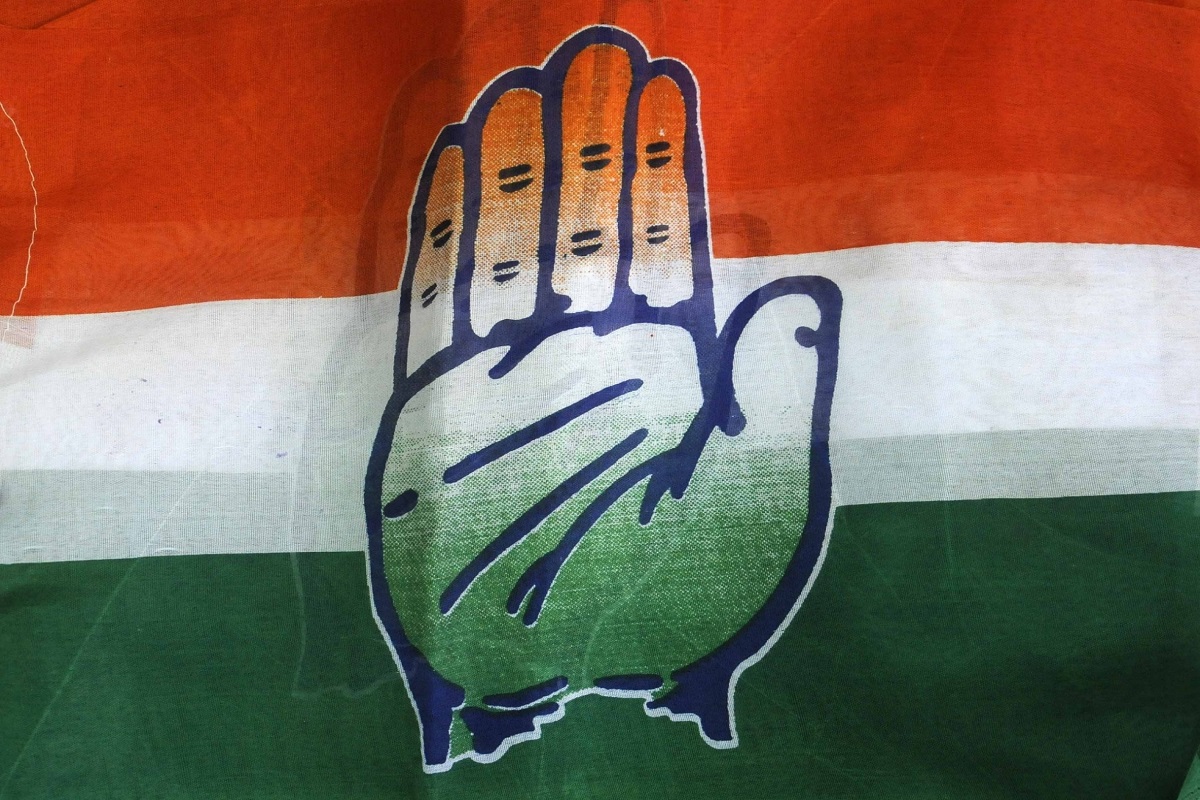It would be simplistic to dismiss the latest bout of convulsions within the Congress Party sparked by the party’s alliance with the Indian Secular Front (ISF) in West Bengal as some commentators are doing.
The pettiness on display by state party president Mr Adhir Ranjan Chowdhury in casting aspersions on the loyalty of senior leader Mr Anand Sharma who called out the Congress’ ideological insanity in aligning with Furfura Sharif cleric Abbas Siddiqui’s ISF may be par for the course given the all-enveloping culture of sycophancy in the party.
Advertisement
What is not, however, is the issues on which Congress dissidents have been speaking out. At the heart of the matter, to paraphrase Mr Sharma’s tweet which led to the brouhaha, is the party’s understanding of “Gandhian and Nehruvian secularism” and the electoral strategy which it has been following to attract the support of various communities to its banner at the hustings.
Without getting into an academic debate on the problematic nature of conflating the views of Mahatma Gandhi and Jawaharlal Nehru ~ let us assume the Congress has managed in some form to amalgamate the two ~ the fact remains that the party has consistently misread the mood and motivations of the electorate for over a decade now.
More Gandhi and less Nehru when it comes to understanding the zeitgeist of the Indic cultural tradition while retaining the latter’s modernising impulses albeit applied uniformly across communities, majority and minority, would, if that indeed is the argument of the so-called Congress dissidents, be a start for the party in the long haul to clawing its way back into national relevance.
Of course, there is a measure of self-interest involved in the alleged revolt of the G-23, as the group of senior leaders has been termed by a section of media. So what?
Neither ambition nor the survival instinct are disqualifiers in politics. Mr Chowdhury’s speculation that Mr Sharma’s concern about the Congress throwing in its lot with the ISF for the West Bengal Assembly election was aimed at pleasing the BJP brass or his “future political boss” by tarnishing the image of the party may, however, be completely off the mark. And that has very little to do with the Congress and everything to do with the BJP.
Most if not all the Congress dissidents would have reasonably comfortably moved to the BJP of the AB Vajpayee-LK Advani-MM Joshi era from say the late 1980s till the end of the first decade of the 21st century. It used to be an ideologically committed but non-doctrinaire political party in the main with a clearly expressed ~ in words and actions barring outlier events ~ distaste for lumpen politics.
The pre-2010 BJP would have welcomed Mr Sharma’s stand that he espouses “a civilised political dialogue even if there are differences on ideological issues”. Today, a politically-electorally-ideologically dominant BJP needs no credibility-lending leaders from other parties, only winnable candidates for various polls who are ready to sign up to the party leadership’s vision. The battle is clearly within the Congress and between Congress leaders.









